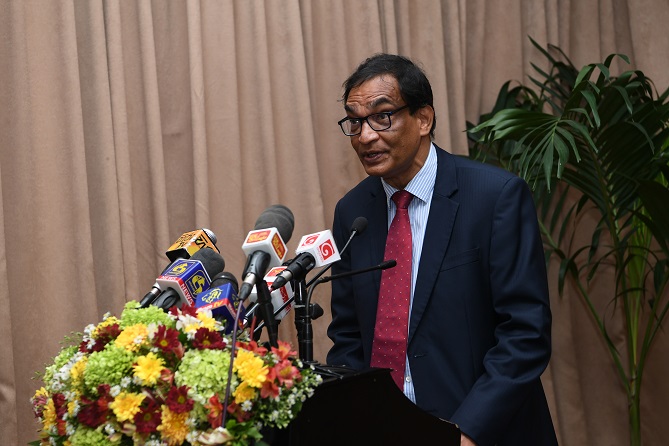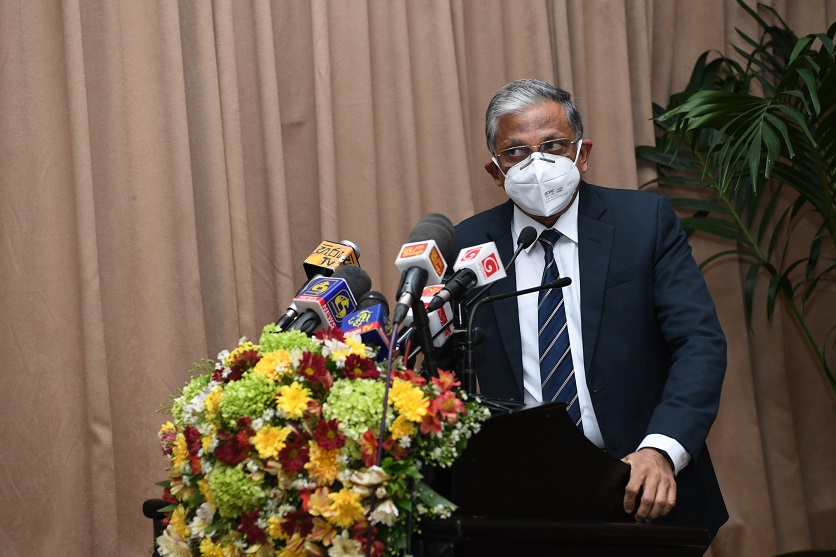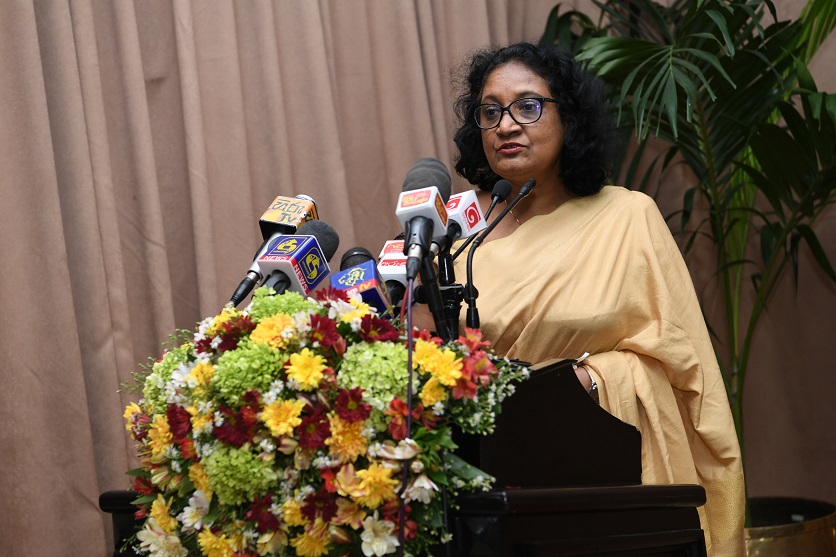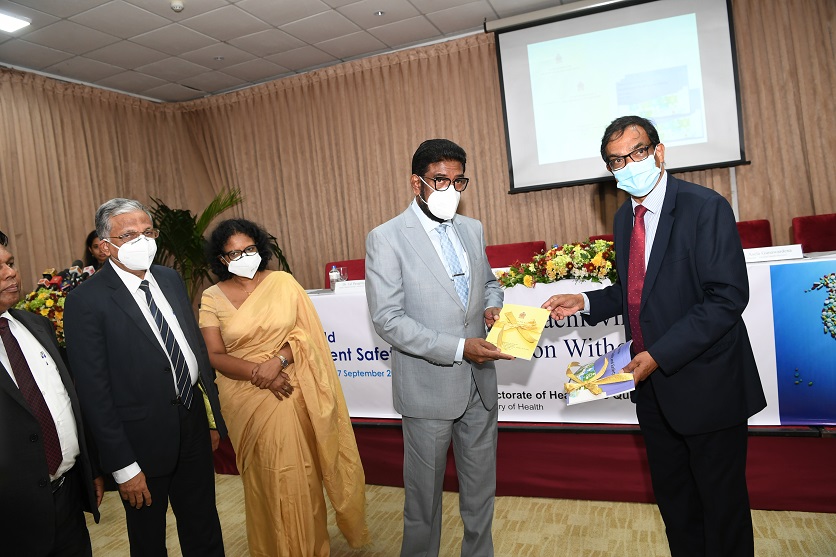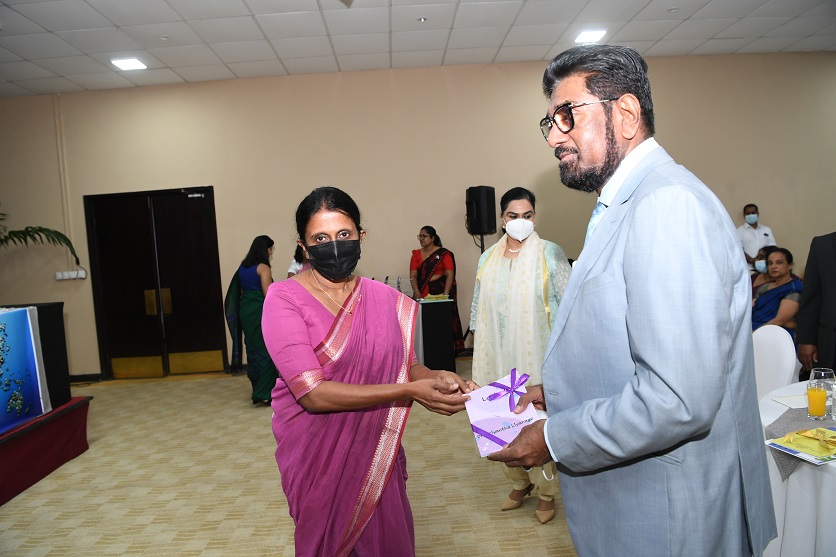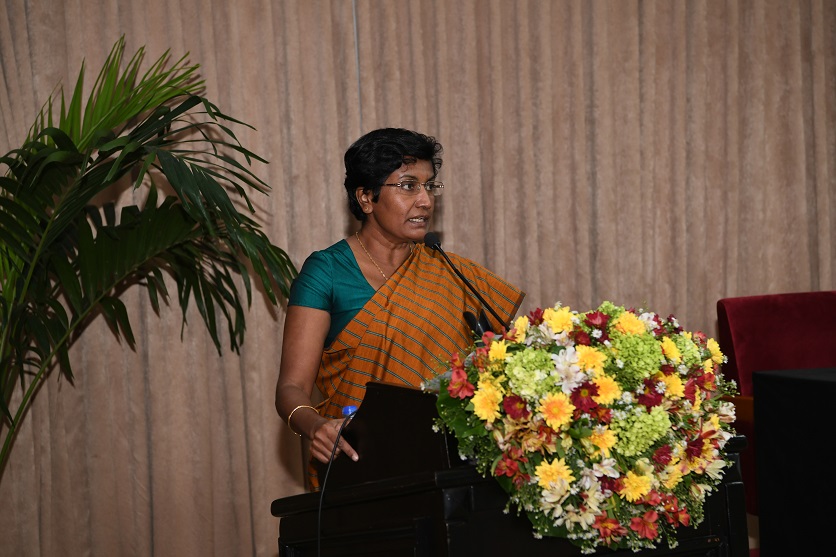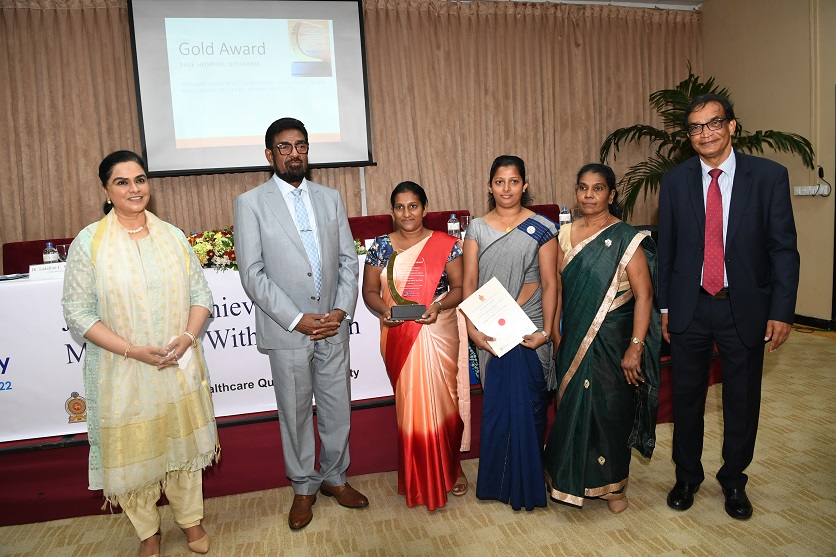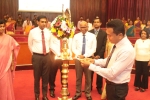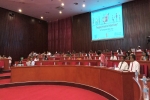
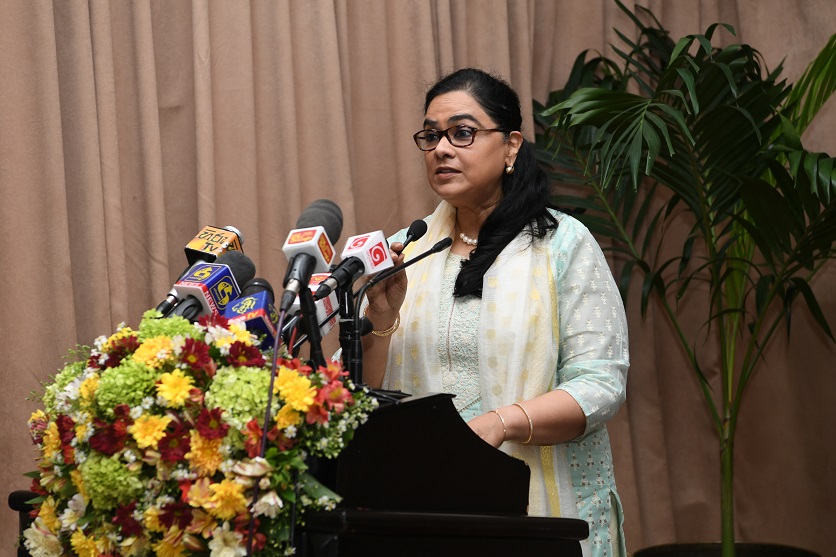
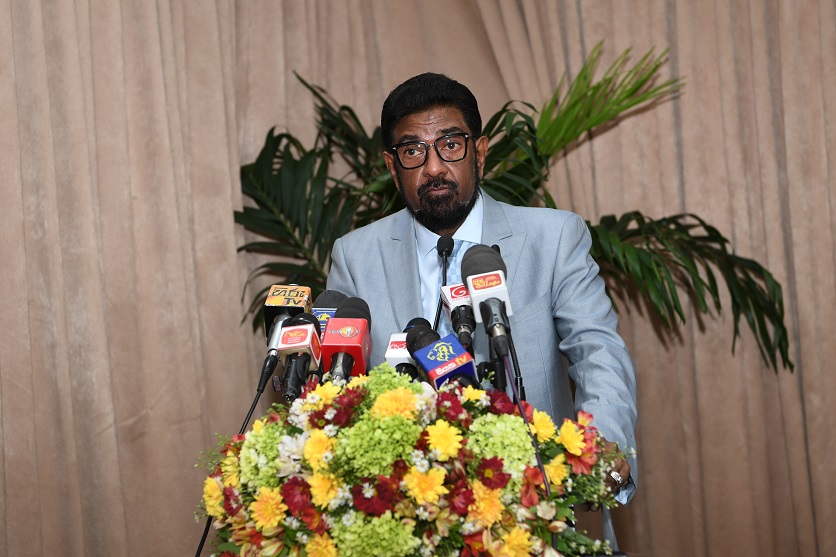

World Patient Safety Day was established in 2019 by the 72nd World Health Assembly through the adoption of resolution WHA72.6, “Global action on patient safety”. In this resolution, the World Health Organisation (WHO) urges its member states to commemorate World Patient Safety Day annually on 17 September to promote all aspects of patient safety including progress towards reaching national milestones, in collaboration with relevant stakeholders. It is considered a “Global Public Health Day”, aimed at calling for global solidarity to improve patient safety.
World Patient Safety Day is firmly grounded in the fundamental principle of medicine – “first do no harm”. Each year, the WHO announces a theme, slogan, and call to action for the commemoration of this day to highlight the importance of the actions to address specific, identified issues.
The risk of medication errors and associated medication-related harm were reported to have been significantly increased during the Covid-19 pandemic. Considering this fact, the WHO has selected “Medication Safety” as the theme for World Patient Safety Day 2022. The slogan “medication without harm” addresses many of the obstacles the world is facing when ensuring safety related to medication practices, and brings about solutions for them. The main aim of “medication without harm” is to reduce the severe, avoidable medication-related harm that occurs globally by 50% within the next five years.
Medication safety
Out of the overall medication-related harm occurring across the globe, approximately 50% are related to unsafe medication practices and medication errors. Globally, the annual cost related to medication-related harm accounts for approximately $ 42 billion. According to global data, patients living in low-income countries experience twice as many disability-adjusted life years lost due to medication-related harm than those in high-income countries.
In most of these instances, medication errors occur in relation to weak medication systems. Human factors such as fatigue, poor environmental conditions or staff shortages and errors related to prescribing, transcribing, dispensing, administration and monitoring practices can result in severe patient harm, disability, and even death.
It has been noted that many misuses of medicines occurred during the Covid-19 pandemic, leading to adverse effects. Self-medications and obtaining medications over the counter without proper prescriptions were the triggering factors.
The national event
The Ministry of Health’s Directorate of Healthcare Quality and Safety organised the national event for World Patient Safety Day 2022 on 17 September. Minister of Health Dr. Keheliya Rambukwella graced the event as the Chief Guest. The importance of disseminating the message on medication safety to the general public was emphasised by the Minister. He congratulated and appreciated the efforts of University of Colombo Faculty of Medicine Senior Professor in Pharmacology Prof. Priyadarshani Galappatty and the Directorate of Healthcare Quality and Safety for compiling and launching the National Action Plan on Medication Safety and requested all stakeholders to join hands in achieving the objectives on time.
Additional Secretary Public Health Services Dr. Lakshmi C. Somatunga, Director General Health Services Dr. Asela Gunawardena, WHO Country Representative Dr. Alaka Singh, Deputy Director General – Medical Services Dr. Lal Panapitiya and Director – Healthcare Quality and Safety Dr. Alan Ludowyke delivered speeches at the event.
Medication without harm
Joining the event virtually from the UK, Prof. Galappatty delivered the keynote address on “Medication without harm”.
Quoting an article published in the US, Prof. Galappatty highlighted that about 44,000-98,000 people die every year in the US due to medical errors, being the third leading cause of death in the US. Medical errors are defined as adverse events or near-miss events that are preventable with the current state of medical knowledge. Out of these deaths related to medical errors, approximately 7,000 are due to medication errors. Medication errors are “any preventable event that may cause or lead to inappropriate medication use or patient harm while the medication is in the control of healthcare professionals, patient, or consumer”.
According to a study conducted in England, medication errors were more prevalent among older people who are on multiple medications and accounts for approximately £ 98.5 million each year. Studies conducted in Sri Lanka have revealed that approximately 46% of the population has poor knowledge of medicines, and about 8-12% are involved in self-medicating with allopathic medicines.
The scarcity of data related to medication safety in the Sri Lankan setting was pointed out by Prof. Galappatty in her keynote speech. She further emphasised the lack of safety practices for Look Alike Sound Alike medicines (LASA medicines). LASA medications are medicines that are visually similar in physical appearance or packaging and/or have names that have similar spellings or phonetics. The adoption of an effective reporting and learning system related to medication errors and minimising the reluctance for reporting by cultivating a no-blame culture in the healthcare system was emphasised by Prof. Galappatty.
In the current challenging circumstance of ensuring an adequate supply of essential medicines, the need of purchasing essential medicines coupled with ensuring rational prescribing, avoiding polypharmacy, and preventing wastage were mentioned as essential practices to overcome the current crisis situation.
National Action Plan on Medication Safety
With the objective of preventing serious harm related to medication safety in Sri Lanka, a national action plan on medication safety was developed and published. Prof. Galappatty was the initiator of this National Action Plan. It covers the four key domains proposed by the WHO, namely “systems and practices”, “healthcare professionals”, “medicines”, “patients”, and “the public”.
Problems identified during the studies conducted in Sri Lanka in these key domains have been addressed by the National Action Plan on Medication Safety and the possible interventions identifying key stakeholders have been documented.
Empowering the public on ‘medication without harm’
Raising awareness of medication safety and empowering the public on safe medication practices was one of the key objectives of World Patient Safety Day 2022. Considering this, the Directorate of Healthcare Quality and Safety conducted a press conference with the assistance of the Health Promotion Bureau. National Infectious Diseases Hospital Consultant Physician Dr. Ananda Wijewickrama and consultant paediatrician Dr. Amali Dalpathadu shared their expertise at the conference.
Dr. Wijewickrama emphasised the importance of asking a doctor about the medicines an individual is prescribed and why they are prescribed. He also highlighted the importance of improving medication literacy among the public.
Discussing medication safety in children, Dr. Amali Dalpatadu emphasised the importance of knowing the doses according to the weight of the children. This is vital in the prescription of paracetamol which is the most frequently used medication and which can result in potentially harmful effects if overdosed.
Recognition of best practices
One of the key items at the National Event of World Patient Safety Day 2022 was the recognition and felicitation of hospitals that are engaging in best practices related to medication safety.
The Peradeniya won the gold award for best practices in the line ministry category in recognition of their practice on the electronic prescription of medicines in the Outpatient Department, while the Udugama Base Hospital won the gold award for best practices in the Provincial Ministry category. The award winners presented their best practices during the event creating a knowledge-sharing platform.
‘Five Moments for Medication Safety’
The WHO has proposed “Five Moments for Medication Safety” as key moments where the patients and caregivers can greatly contribute to reducing the risk of harm associated with the use of medications. These five moments include (1) starting a medication, (2) taking a medication, (3) adding a medication, (4) reviewing the medication, and (5) stopping the medication. Each of these moments includes five critical questions.
Five Moments for Medication Safety
I. What is the name of this medication and why do I take it? II. What are the risks and possible side-effects of this medicine? III. Is there another way of treating my condition? IV. Have I told my doctor about my allergies and other health conditions? V. How should I store this medication? 2. When taking medication, find answers to these five questions: I. When should I take this drug and how much should I take each time? (It is important to know the dose in milligrams rather than in the number of pills or capsules) II. How should I take the medication? III. Is there anything related to food and drink that I should know while taking this medication? IV. What should I do if I miss a dose of this medication? V. What should I do if I have side-effects? 3. When adding a new medication to an existing regime, the answers to these five questions should be known: I. Do I really need any other medication? II. Have I told my health professional about the medications I am already taking? III. Can this medication interact with my other medications? IV. What should I do if I suspect an interaction? V. Will I be able to manage multiple medications correctly? 4. When on medication, it is imperative to review it from time to time. Find answers to these five questions when reviewing medication: I. Do I keep a list of all my medications? II. How long should I take each medication? III. Am I taking any medications I no longer need? IV. Does a doctor check my medications regularly? V. How often should my medications be reviewed? 5. When stopping a medication, these five questions must be answered: I. When should I stop each medication? II. Should any of my medications not be stopped suddenly? III. What should I do if I run out of medication? IV. If I have to stop my medication due to an unwanted effect, where should I report this? V. What should I do with leftover or expired medication? |






